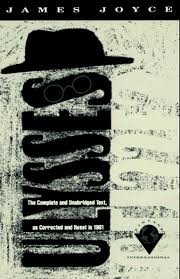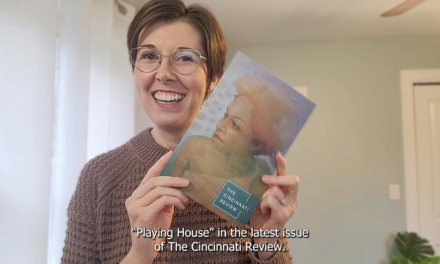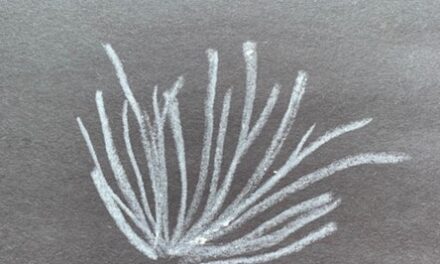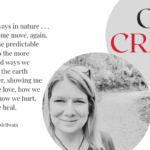 You know how Joyce said that if Dublin burned to rubble, you could use Ulysses to rebuild it? Well, after Tuesday’s fine intro, we (some of us, anyway) have decided to make this blog, in part, the Ulysses of Joe Dargue. (But don’t burn to rubble, Joe!) Ten more facts about him:
You know how Joyce said that if Dublin burned to rubble, you could use Ulysses to rebuild it? Well, after Tuesday’s fine intro, we (some of us, anyway) have decided to make this blog, in part, the Ulysses of Joe Dargue. (But don’t burn to rubble, Joe!) Ten more facts about him:
1. Like most of us, he tries to match his socks.
2. He can run the 100 in about 13 seconds. (Quite above average!)
3. When a virus invades your network, he will hunt it down and delete it in all its nefarious forms. Then, a few weeks later, he will call that virus’s mother and calmly explain why what he did was necessary.
4. At a fancy restaurant, he will often order two appetizers in lieu of an entree, for variety’s sake and because he can’t help choosing entrees mostly for their sides.
5. He has seen the future and is far too modest to admit that it is himself.
6. When CEO Reed Hastings was thinking about raising the rates for Netflix subscribers, the first person he called for advice was Joe. But Joe was snorkeling off the coast of Guam, and his voice mail was already full of messages—from Michael Bloomberg, who just keeps leaving messages until you call him back.
7. If you see Joe in a hat, that hat will be a trilby.
8. “Joe” is short for “Jocephus,” which itself is a transliteration of “Joseph.”
9. He is a superb judge of fiction and poetry, though he loves all nonfiction indiscriminately.
10. His favorite American Idol judge is Randy.
And now, without further ado, three comments from contributors to Issue 8.1.
Megan Grumbling: The poem “Kept” began with a small but curious discovery I made about an old friend—a guy about whom I thought I knew everything—when he showed me a certain keepsake in a jar. Seeing his souvenir, and realizing the hold it had on him, I found that something had shifted ever so slightly in my understanding of him: It was as if a new celestial object had been introduced into the psychic universe between us—a tiny object, but one which nevertheless had its own gravitational field. The encounter got me thinking about the things we hold to, their hold on us, and the increasingly complicated orbital shenanigans that develop as they accumulate. I wrote the poem as a sonnet, but in deference to unexpected astronomical pushes and pulls, I let the line breaks depart from the form’s conventions, hoping to convey just the slightest shift in gravity.
Josh Kalscheur: On “Advisement”: There was an ex-pat I knew when I lived in Micronesia who always talked about the various opportunities that could be had in the U.S. for young Micronesian guys (since they have work rights in the U.S.). He told stories about Micronesians he knew in the 1980s who he thought could’ve starred in old Westerns as American Indians because of their hair and skin tone. He said they could wash windows on high-rise apartments or do trapeze in a circus because of their experience climbing coconut trees. The stories were often long and ridiculous, and sometimes ignorant as far as I was concerned. This poem is an exploration of his voice (as he is the speaker), in both its rhythm and its wild, sometimes troubled reasoning and imagination.
Jeanne Wagner: Before I wrote “Ovid” I’d been reading Ted Hughes’s translation “Tales from Ovid: 24 Passages from the Metamorphoses.” At the same time, an old friend of mine, in the last stage of a debilitating disease, believed that he’d spent his whole life wearing someone else’s body. I wanted to write a poem that celebrated the essentially transformative nature of the body itself.











